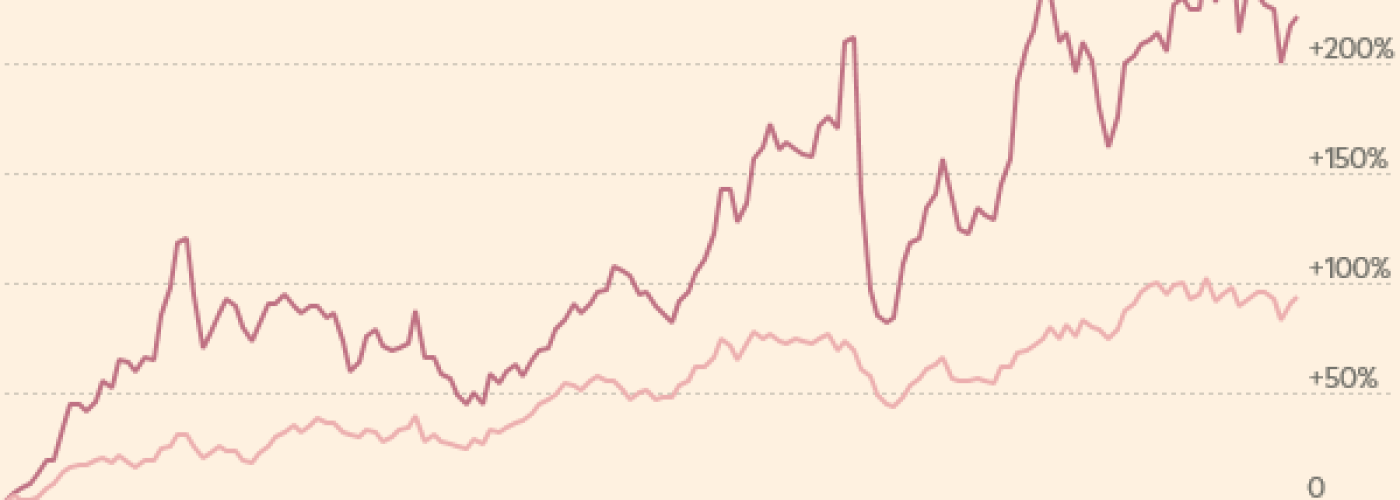 ©Bloomberg
©BloombergWesfarmers, the Australian conglomerate that owns British DIY group Homebase, has reported its biggest annual profit drop in more than a decade, on the back of writedowns at its coal division and struggling retailer Target.
The Perth-based group on Wednesday reported an 83 per cent year-on-year slide in net profit after tax to A$407m (US$310m) for the 12 months to June 30 — its worst bottom-line result since the 2001-02 financial year.
Excluding significant items, net profit after tax fell 7.7 per cent to A$2.25bn, undershooting analysts’ consensus expectations of A$2.29bn, although group revenue rose 5.7 per cent to A$66bn.
It has been a troubled year for Wesfarmers subsidiary Target, with an accounting probe in April uncovering that the department store group had inflated earnings by A$21m in the final six months of 2015. The conglomerate’s Curragh coal mine in Queensland also weighed on Wesfarmers’ figures, with the group booking a A$1.84bn post-tax writedown for both businesses.
One bright spot for Wesfarmers was the performance of Bunnings, the group’s Australia market-leading home hardware business, which saw earnings before interest and tax at the division rising 11.5 per cent year-on-year to A$1.21bn.
Wesfarmers in January agreed to buy Homebase for £340m with a view to replicating the success of Bunnings in the UK.
The company said it hoped to open four to six pilot Bunnings Warehouse stores in the UK and Irish market by the end of June 2017, noting that their success would be crucial to further investment. “Proof of concept is a critical step,” said John Gillam, Bunnings chief executive.
Wesfarmers has invested £60m to clarify Homebase’s “poor and confusing offer”, Mr Gillam said, adding that “the offer is now very firmly focused on the home improvement and garden market”.
In Wesfarmers’ first four months of owning the business, like-for-like sales at Homebase rose 7.5 per cent year-on-year, with that trend continuing into July, Mr Gillam said.
Ian Chitterer, an analyst at ratings agency Moody’s said: “Wesfarmers’ track record in retail, and more specifically with Bunnings, is strong and we believe that they should be given the time needed to focus on the turnround of the Homebase business.”
Earnings at Australian supermarket chain Coles, which accounts for more than half of Wesfarmers’ earnings before interest and tax, grew more slowly, up 4.3 per cent year-on-year to A$1.86bn — the weakest pace of growth since Wesfarmers acquired the group in a top-of-the-market acquisition in 2007.
Although Coles’ rival Woolworths has ceded its position as Australian market leader, competition in the supermarket sector has been heating up as Aldi, the European group, gains a foothold in Australia.
Wesfarmers’ board cut its final dividend, taking the overall per-share payment for the year to A$1.86 — down from a payout of A$2 last year.

Richard Goyder, Wesfarmers chief executive, said: “A majority of the group’s businesses were offset by challenging trading conditions and restructuring activities in Target, and the impact of low commodity prices in the resources business.”
Management said it would assess its options for its struggling coal business.
Wesfarmers shares were down 2.4 per cent in afternoon trade in Sydney at A$42.56.
Copyright The Financial Times Limited 2016. You may share using our article tools.
Please don’t cut articles from FT.com and redistribute by email or post to the web.





